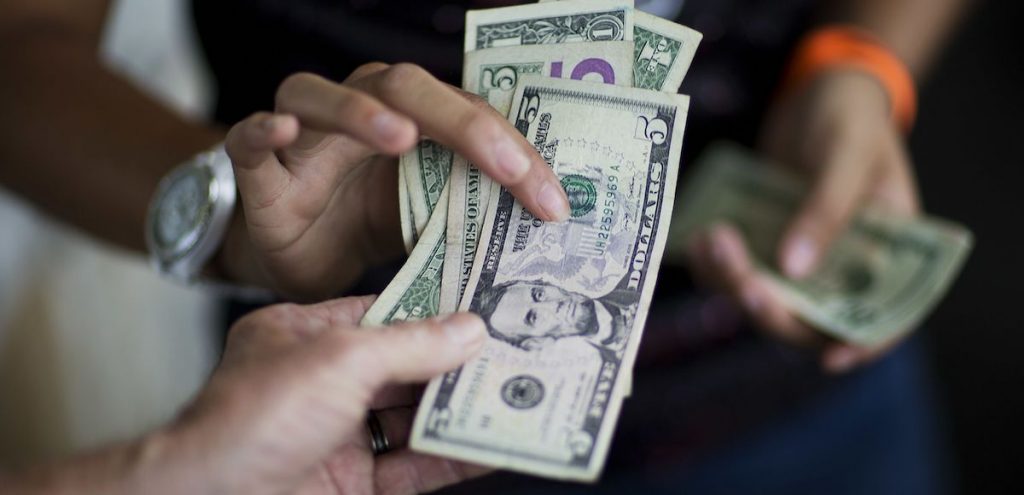

The Survey of Consumers in January posted its lowest reading since Donald Trump was elected President of the United States. The preliminary reading on consumer sentiment came in at 90.7, way below the 97.0 consensus forecast.
The Current Economic Conditions fell from a final reading of 116.1 in December to 110.0 in January. The index is only slightly down from 110.5 measured this month one year ago.
“Consumer sentiment declined in early January to its lowest level since Trump was elected. The decline was primarily focused on prospects for the domestic economy, with the year-ahead outlook for the national economy judged the worst since mid 2014,” Richard Curtain, chief economist for the Survey of Consumers, said.
“The loss was due to a host of issues including the partial government shutdown, the impact of tariffs, instabilities in financial markets, the global slowdown, and the lack of clarity about monetary policies.”
The Index of Consumer Expectations, which was presenting the warning signs, fell from 87.0 the month prior to 78.3. That’s also down from the 86.3 one year ago.
“Aside from the direct economic impact from these various issues on the economy, the indirect effect meant that half of all consumers believed that these events would have a negative impact on Trump’s ability to focus on economic growth,” the economist added.
In 2018, the Survey of Consumers posted its strongest yearly average for consumer sentiment in 18 years. Over the past half century, sentiment was higher in only two other time periods: 1964-65 and 1997-2000.
“While the January falloff in optimism is certainly consistent with a slowdown in the pace of growth, it does not yet indicate the start of a sustained downturn in economic activity,” Mr. Curtain continued. “It is the strength in personal finances that will continue to support consumption expenditures at favorable levels in 2019.”
Mr. Curtain noted that those periods correspond to the two longest prior periods of economic expansions since the mid 1800’s. If it continues for another five months, those records will be broken.
“Nonetheless, consumers now sense a need to buttress their precautionary savings, which is typically done by reducing their discretionary spending,” he concluded. “Evolving job and wage prospects, which were slightly weaker in early January, are critical to extending the current expansion.”
The most damning journalistic sin committed by the media during the era of Russia collusion…
The first ecological study finds mask mandates were not effective at slowing the spread of…
On "What Are the Odds?" Monday, Robert Barnes and Rich Baris note how big tech…
On "What Are the Odds?" Monday, Robert Barnes and Rich Baris discuss why America First…
Personal income fell $1,516.6 billion (7.1%) in February, roughly the consensus forecast, while consumer spending…
Research finds those previously infected by or vaccinated against SARS-CoV-2 are not at risk of…
This website uses cookies.
View Comments
I truly like what you have here worrying blogs.
I liked the brief quips on examples of a poor blog.
Often a person does not recognize that he is spamming when he seems
doing that. You do a great with the areas of blogging and I
will definitely make it an indicate come back and take a look at a couple of other areas.
I enjoyed reading about leaving the topic. When I blog, I have more
trouble doing that than anything I do. I compose
blogs myself. Please check out and make a remark about how I might improve
the site. Any recommendations would be helpful.